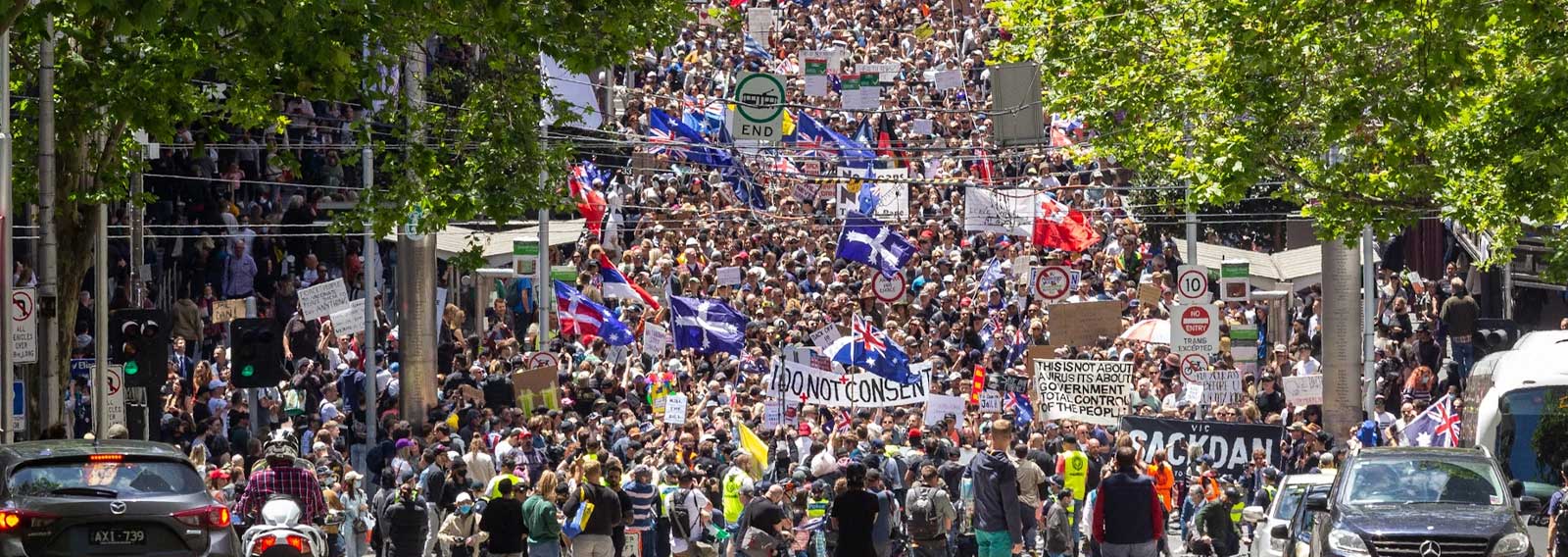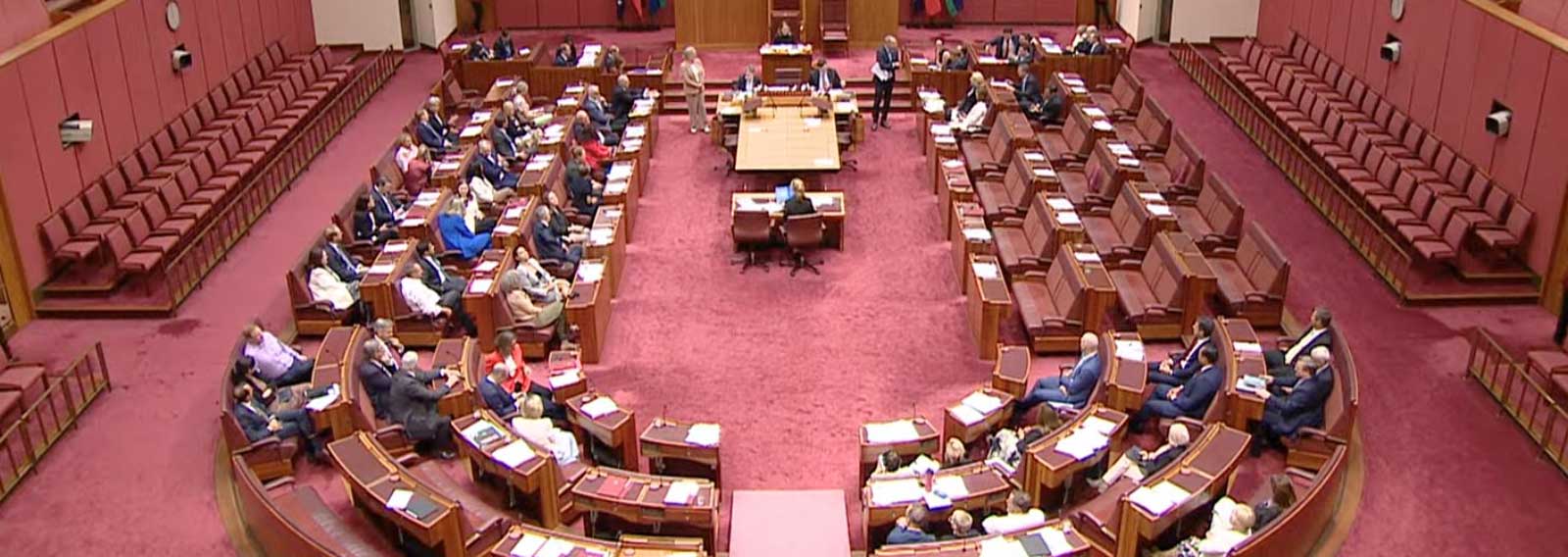Are we multicultural? Are we multiethnic? Are we multifaith? Should we ask for integration or assimilation from our immigrants? Is it still possible to be monocultural? In short, who are we as Australians?
These kinds of questions are simmering beneath much of the current banal commentary about immigration, hate speech, social cohesion, anti-Semitism, and yes, even the environment. I have regularly seen appeals for us to ‘tone down the rhetoric’, or to ‘help keep our liberal democracy’, or to ‘hold onto our common values.’
But certain social relationships need to be in place for such desires to be more than platitudes. “Toning down the rhetoric” is a nonsense if we wish to learn from deep debate with each other. Has there ever been a strong improvement towards what we now call ‘civil society’ without some kind of significant social disquiet and disruption caused by rigorous discourse? Every time I hear our leaders request calm in the face of difficult debate, what I hear is, “Please go away with your ideas – they make us uncomfortable, and we cannot think about them, or do not want to.” An actual response to the issue at hand would be refreshing. The response might even include taking action where legitimate to do so, or in simply engaging in the debate at the causal level.
The pleas to maintain our liberal democracy are also often vacuous. It assumes that everyone understands what that is. Not so – not even close. Did you notice the recent celebrations that teaching 11- and 12-year-olds about our system of government was coming back? Where has it been all these years, and what of those who missed out? What of those who will receive the message that our system of civic governance is an expression of white oppression anyway? (More on that another time).
I remember when schools had to publicly display the common values of Australian society. They took a while to establish, and of course, they disappeared as soon as we had a socialist Labor Prime Minister. Therein lies the hub of it all. Values cannot be held in common if beliefs are too far apart. For example, a Christian may wholeheartedly agree and work with a feminist (first wave) to protect women and children better. They can have this as a common goal, even though their reasons, based on their basic assumptions about life, may be very different.
But what if the latter-day feminist agrees that a woman can be a man who says he ‘feels like a woman’ (whatever that means – it is another of those postmodern constructions that implodes upon itself)? What if the feminist and Christian beliefs have become so different that they cannot find enough common ground for what good looks like?
Or what if one person’s belief system creates categories of people who are, by definition, less worthy than others? Extreme Islamists who demand Sharia law have such categories. So do those who believe primitive Indigenous custom is the most valid way of looking at life. The ‘Dreaming’, for example, can be used to completely change the science-based understanding of what ‘conservation’ means, because it mixes mythical narrative with scientific reason. Similarly, for critical identity believers, ‘white’ becomes a category worthy of less respect than any other, because regardless of individual merit, ‘white’ means belonging to the oppressor class – and ‘male white’ even more so.
What if Mother Earth worship is the new centre of beliefs? It is a strange mix of animism and environmentalism, with self-contradictory notions of cause and effect. Those promoting such belief are often ‘hard’ evolutionists. At times they brutally use the survival of the fittest belief to make dehumanising decisions (think sex-selection abortion, or euthanasia for mental distress), but at other times they casually dismiss the principle to promote their pet priorities – like saving a beached whale.
Into the future, what will Australia use to define what our values will be based on? The preamble to our current Constitution gives recognition of our historical base for certain belief assumptions as a Federated Nation – that what we put in place is done before the Creator God. Some might call this the Natural Law basis for our social contract. In American language, this is the basis for inalienable rights for each and every citizen, regardless of sex, age, social status, economic context, physical capacity, religious commitment or ethnic heritage.
As writers such as Tom Holland have reminded us, this kind of understanding is a minority understanding in the history of the world. Prior to Holland’s exploration into the Western mind, writers such as Rodney Stark, Vishal Mangawaldi, and Larry Siedentop clarified that universal respect was impossible outside of the Christian narrative, because this is the only consistent belief source where universal respect for the individual could be situated. They have each demonstrated, in different ways, that if you cannot attribute equal worth for all people amidst functional differences, then what we call Western civilization is impossible. Part of that story becomes the necessity for a legal system (representative parliament, separated from courts and police) to enforce such universal respect. Lawbreakers in this context uphold the respect for all people regardless of differences of beliefs and personal commitments.
But as we noted above, if personal beliefs vary to the extent that universal respect is challenged, then even the value of law becomes tenuous because its role becomes confused – how do they operationalise what is good for everyone if they must distinguish between categories of worth based on identity attributes?
Our current Prime Minister makes a good mini-case study to exemplify our current conundrum. His role is abstracted from the Constitution which situates its authority in an assumption of a belief in a created order for life. But he refused to take his oath on the historical source of that corporate belief – the Bible. Yet he willingly takes part in smoking ceremonies that celebrate the animistic Dreaming beliefs of some of our Indigenous people. He is also slow to fully condemn literalistic and violent versions of Islam.
I suspect he doesn’t know his role because he does not understand from where his authority is derived. It certainly does not come from Indigenous tribal custom, nor from Sharia law, nor from Mother Earth protectionism. In standing for everything, he seems to stand for nothing. And so, like him, we become confused about what he values because we do not know what he actually believes. Perhaps that is why I have read that he is quietly attending a Christian church a bit more frequently. And perhaps, just perhaps, that might be a good thing for all of us.





















